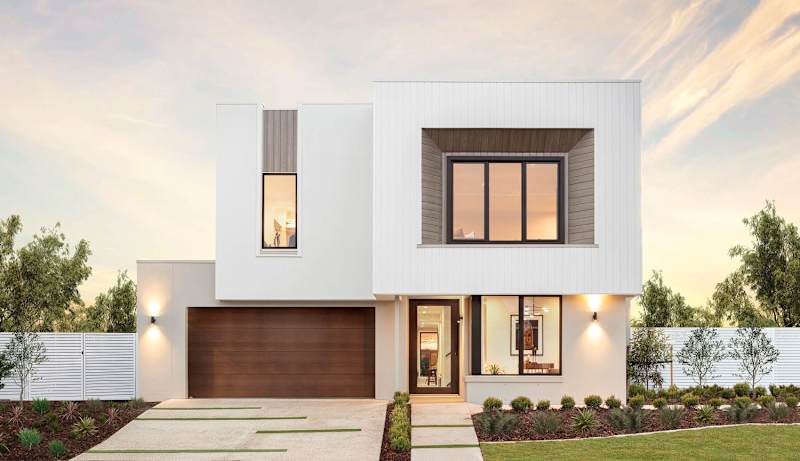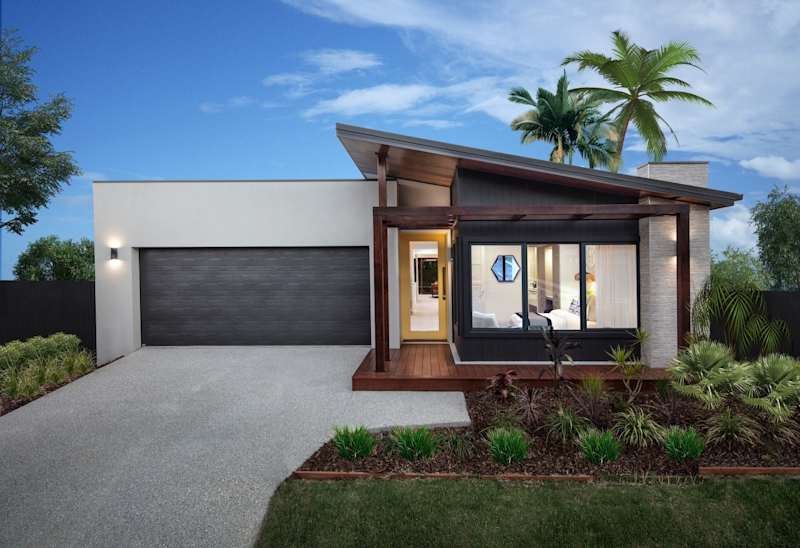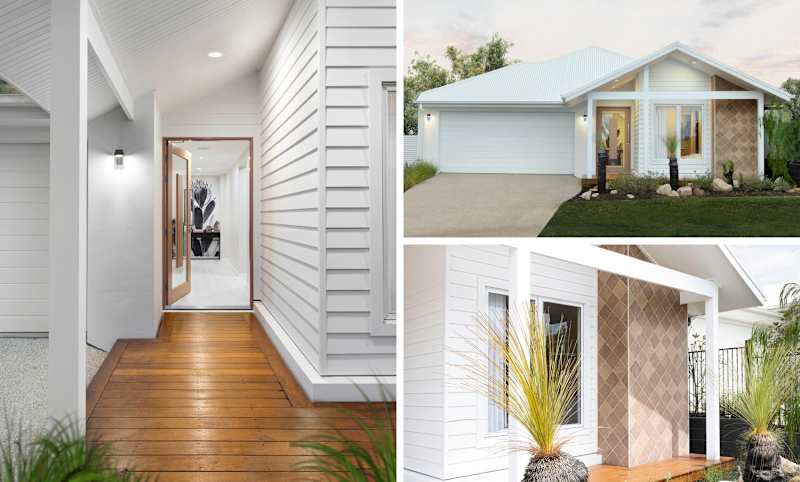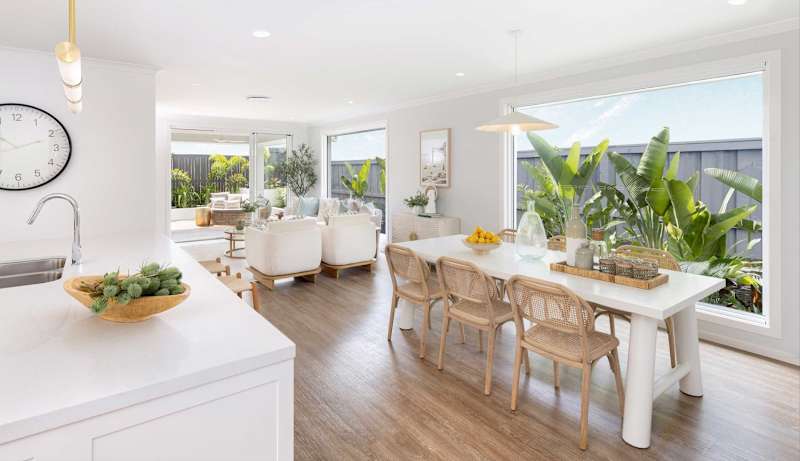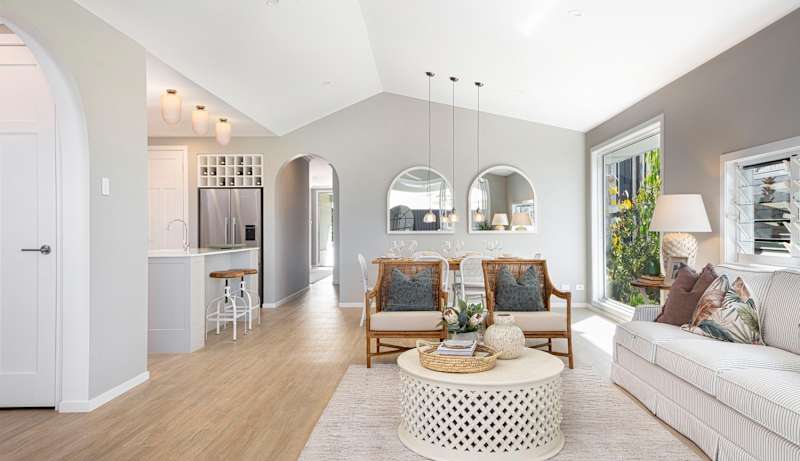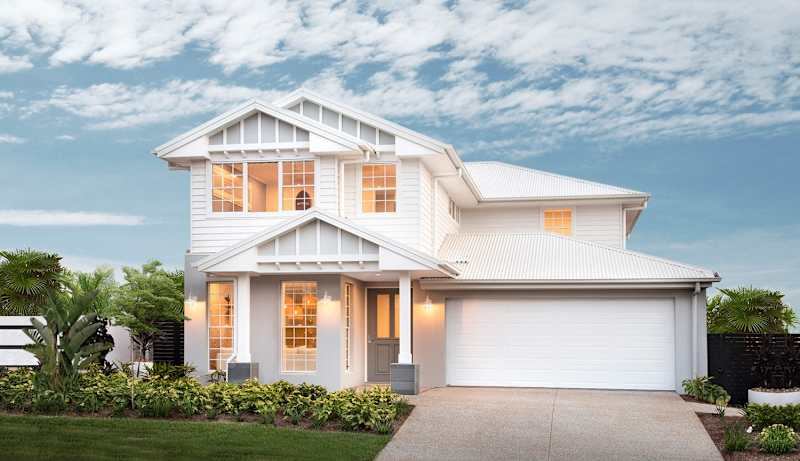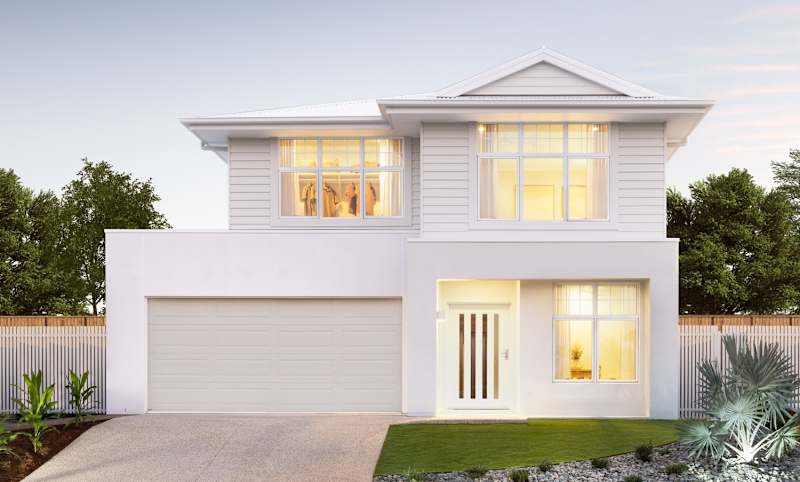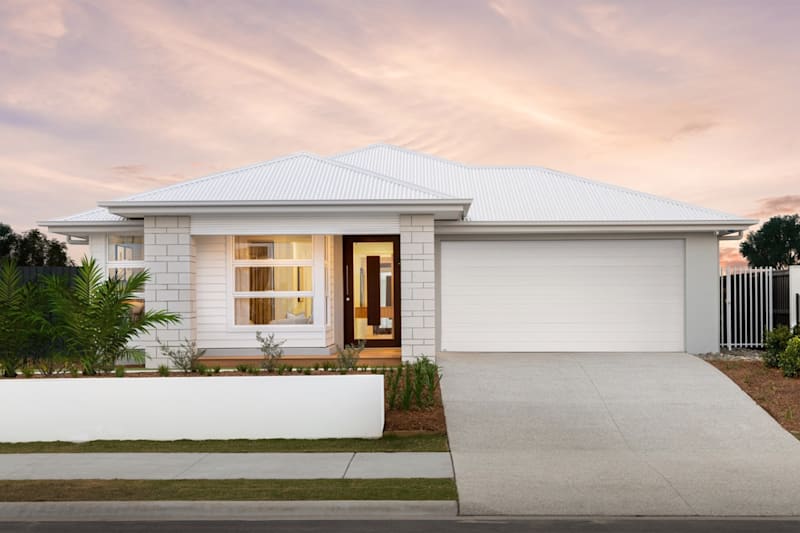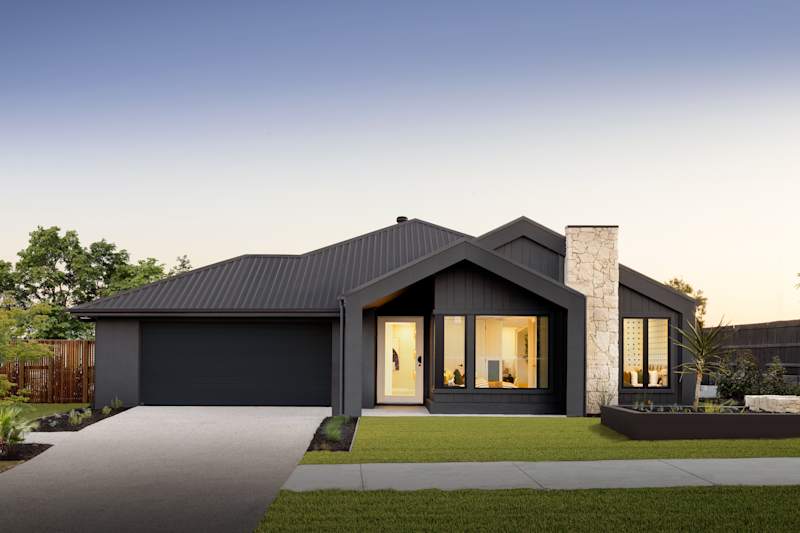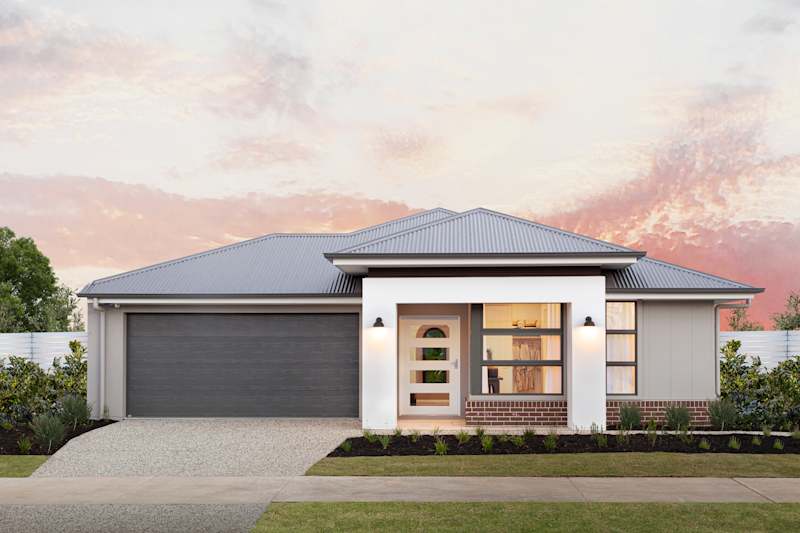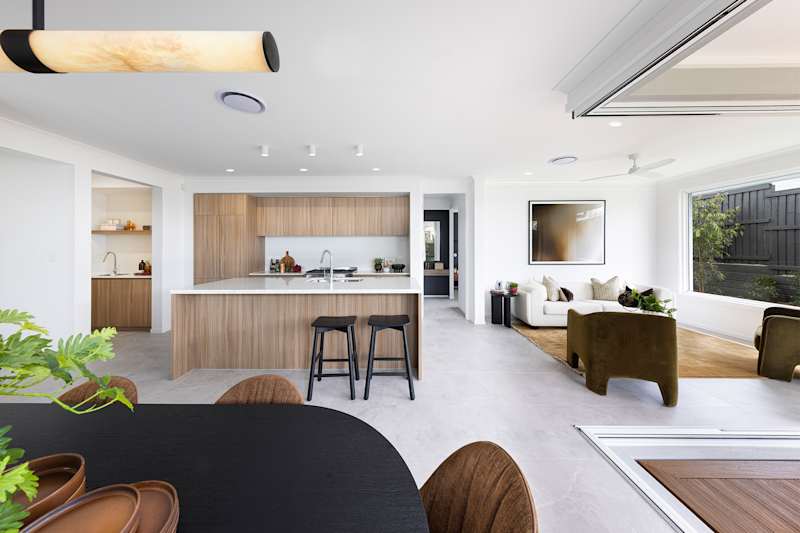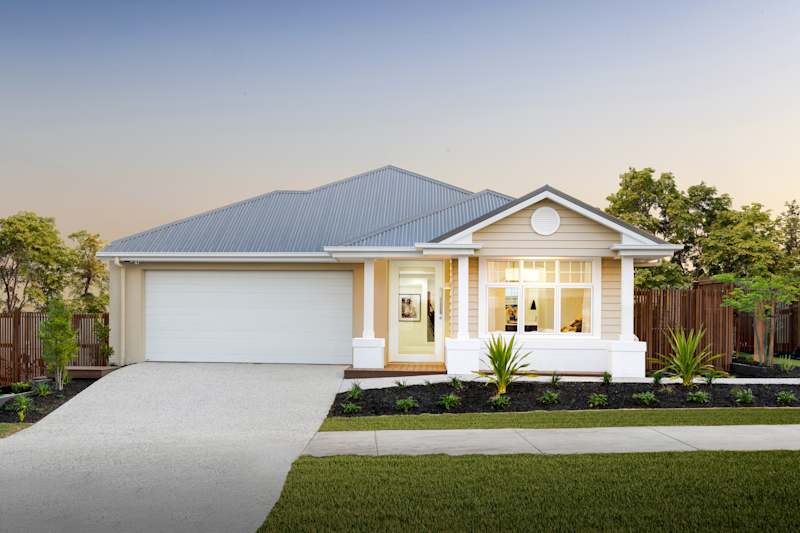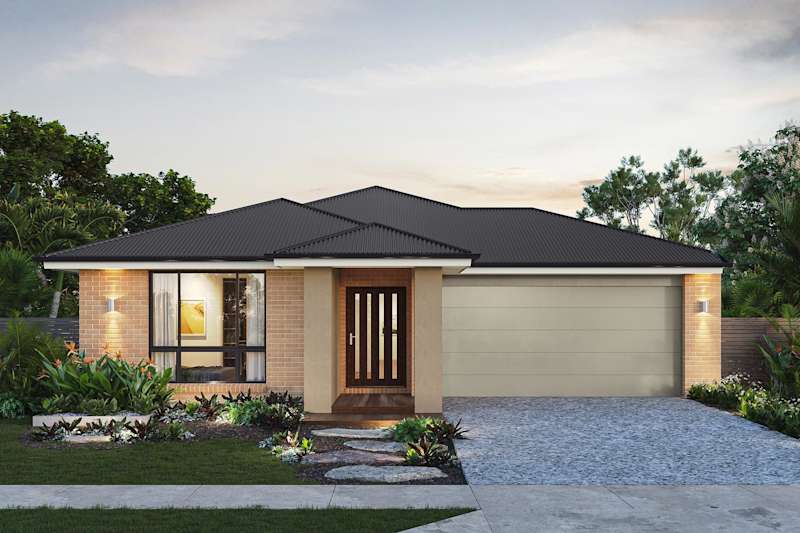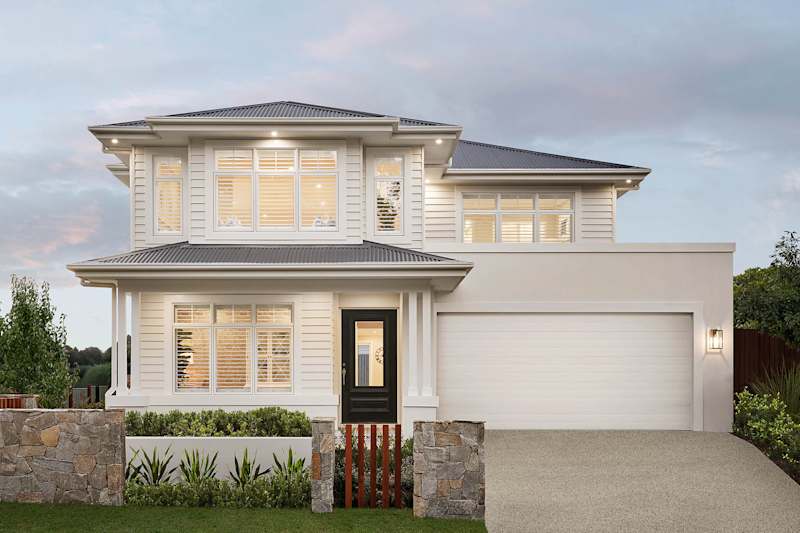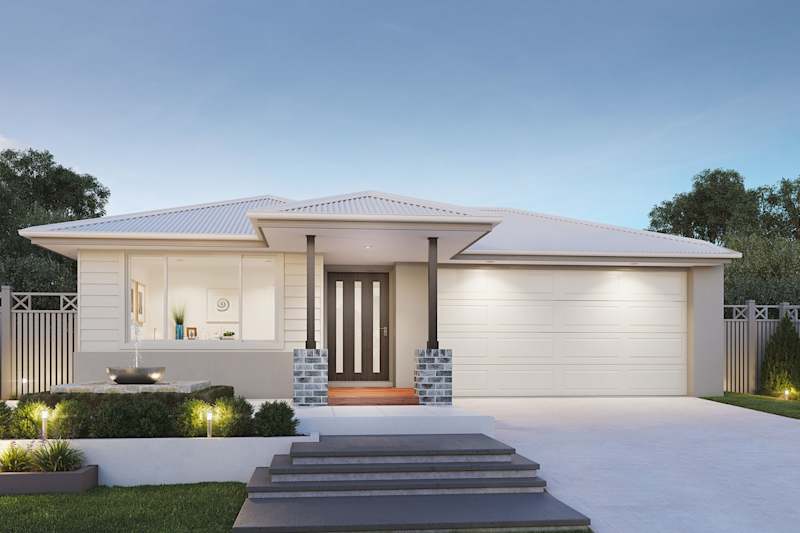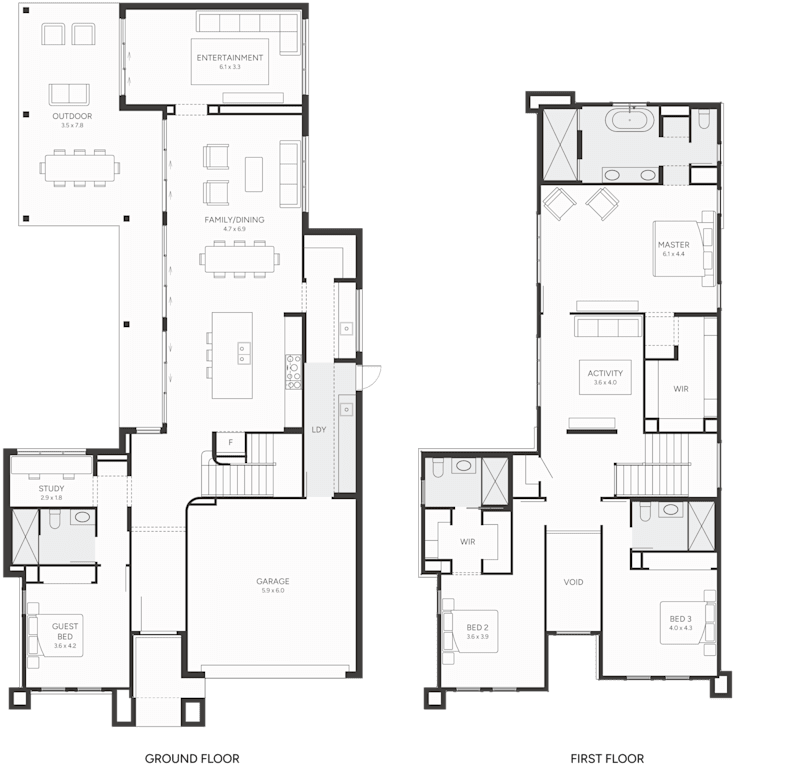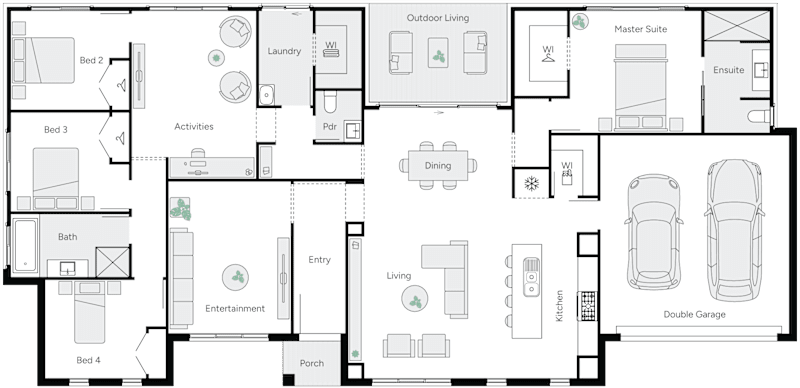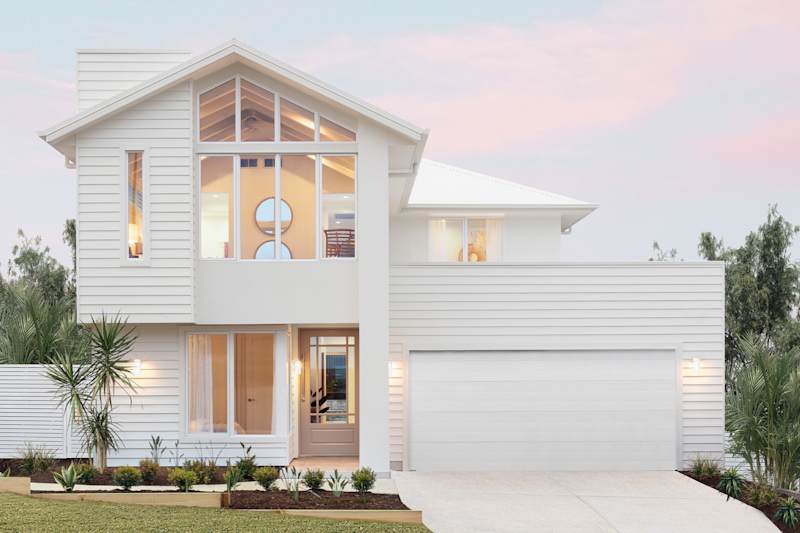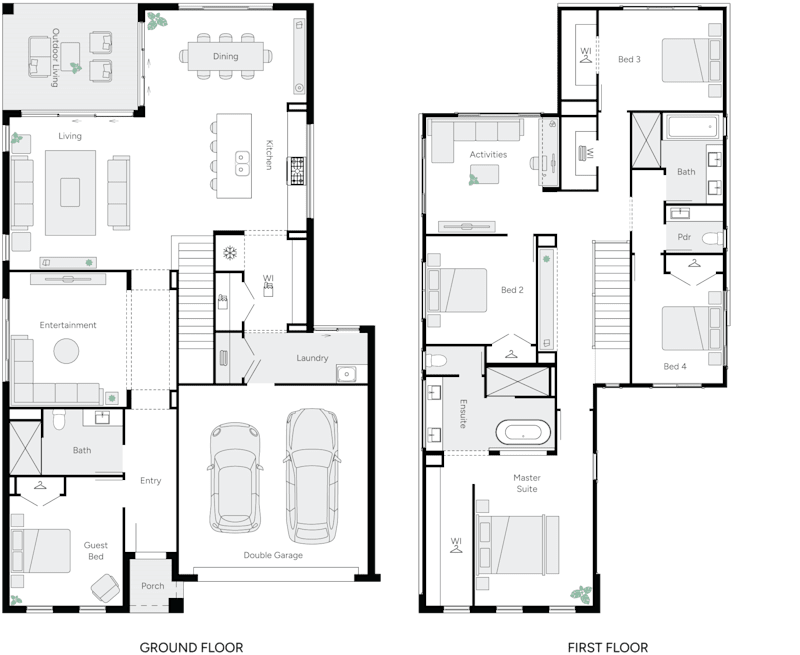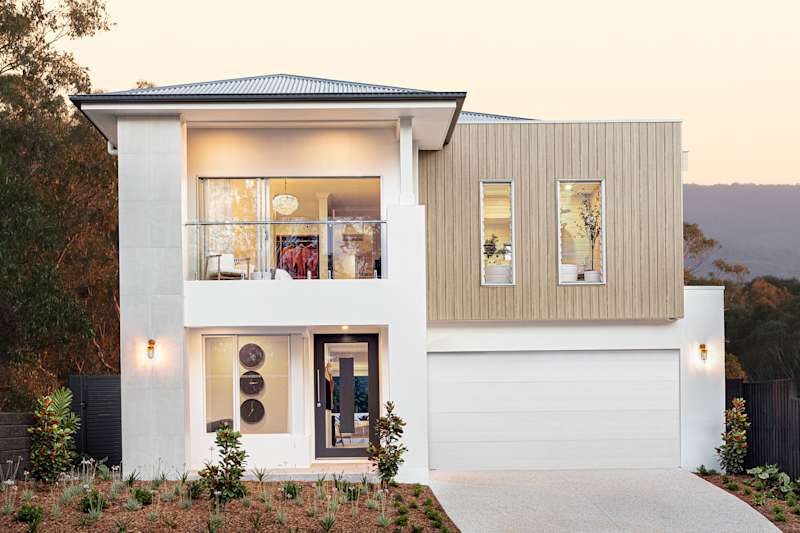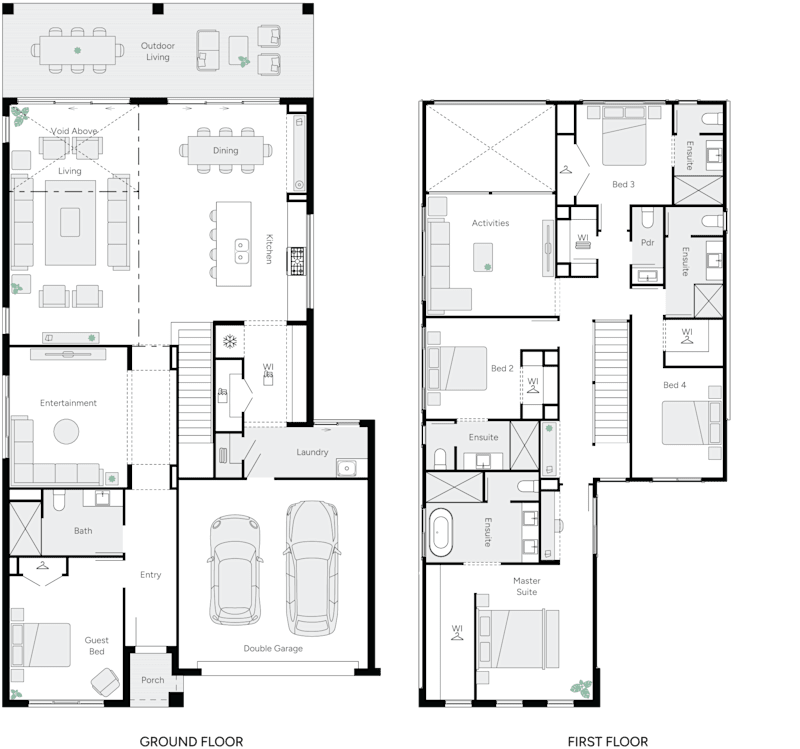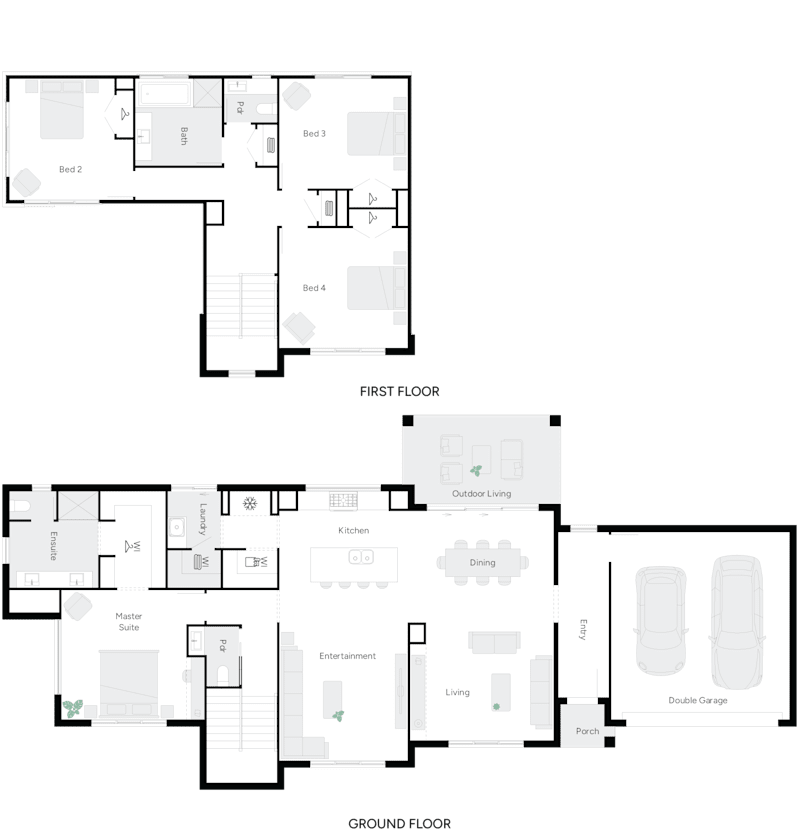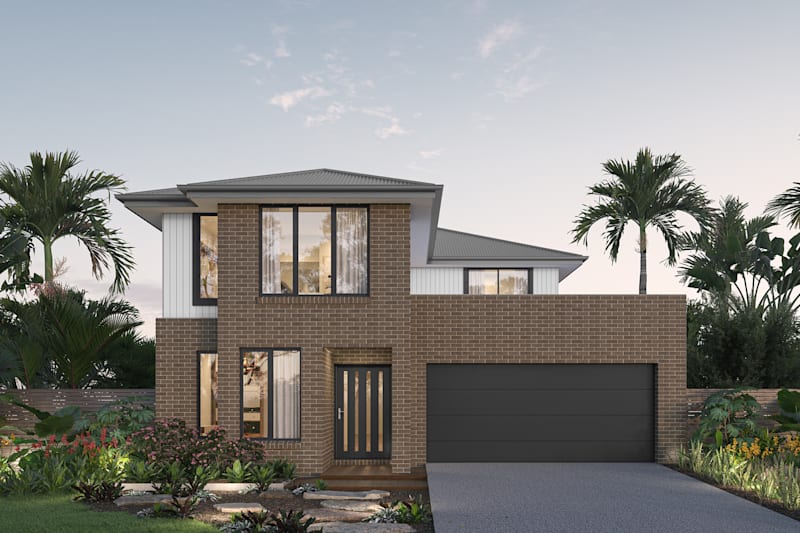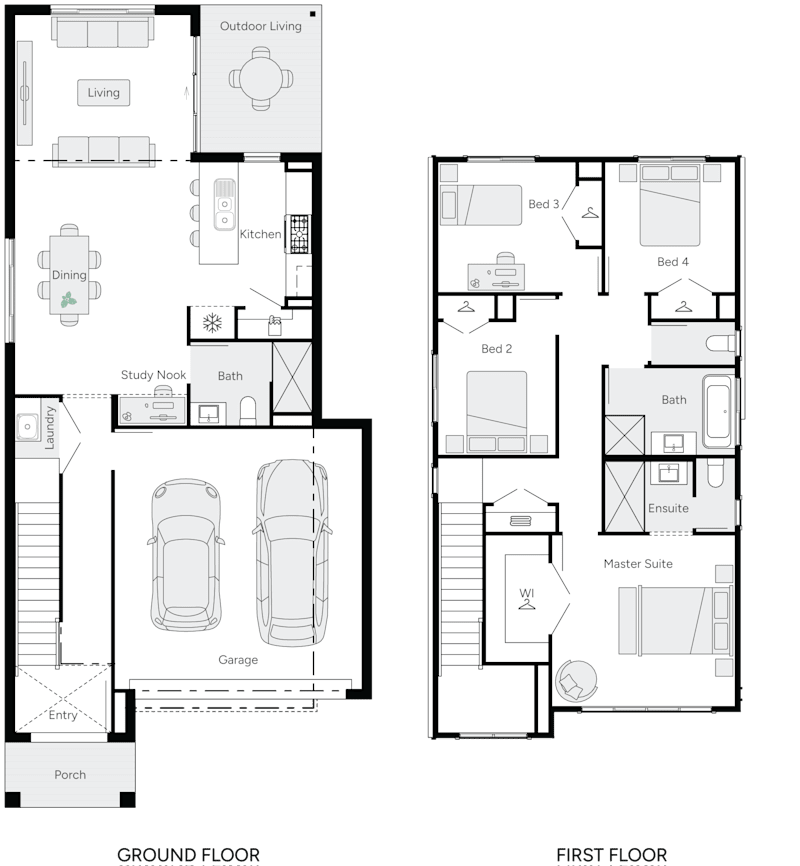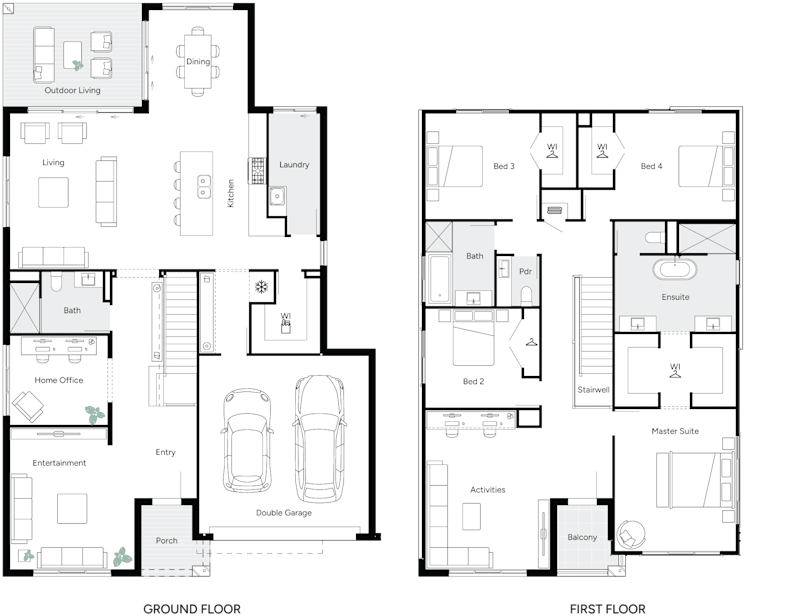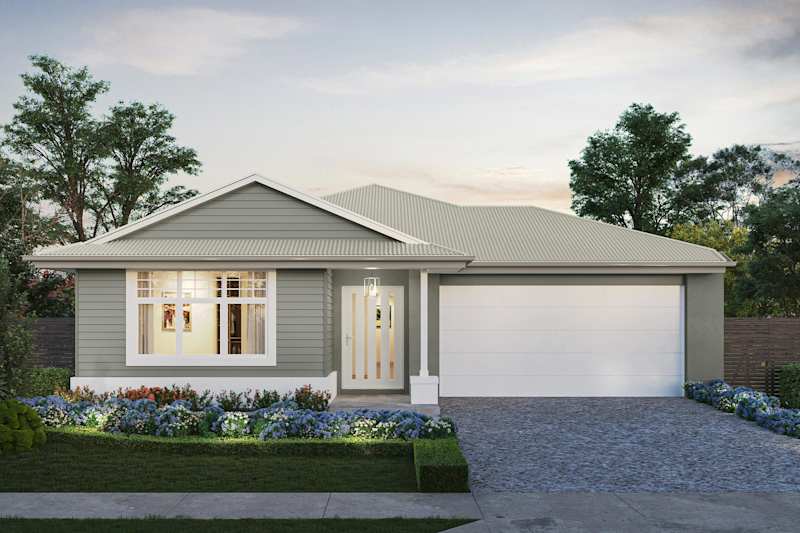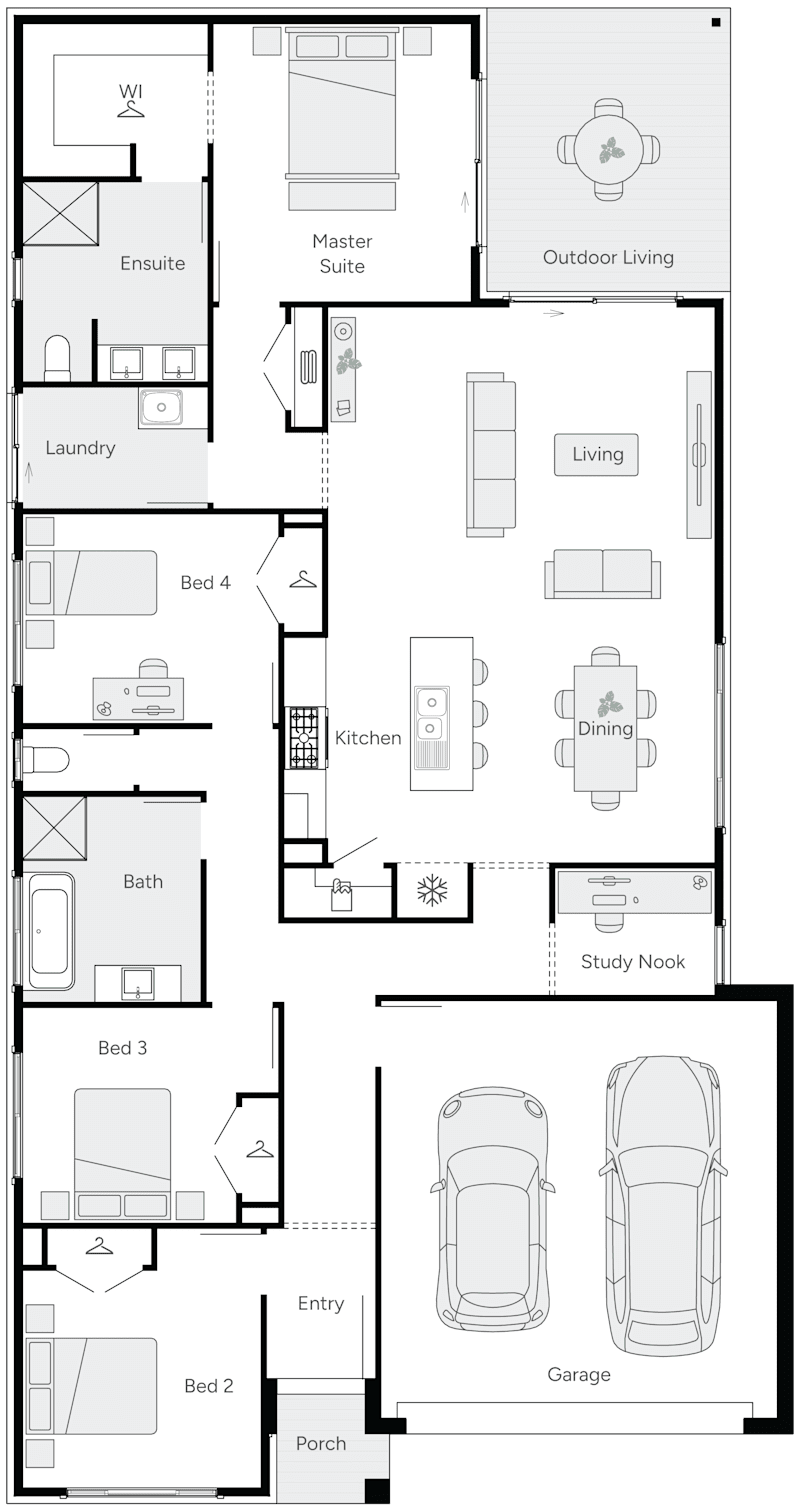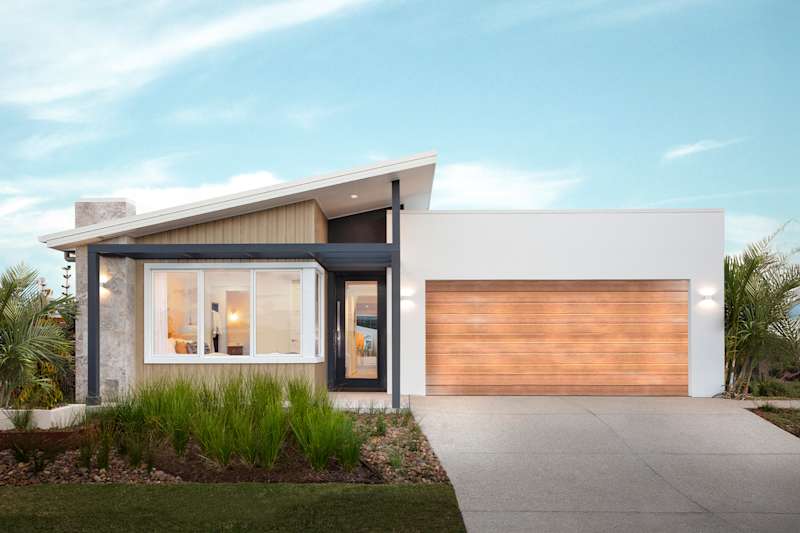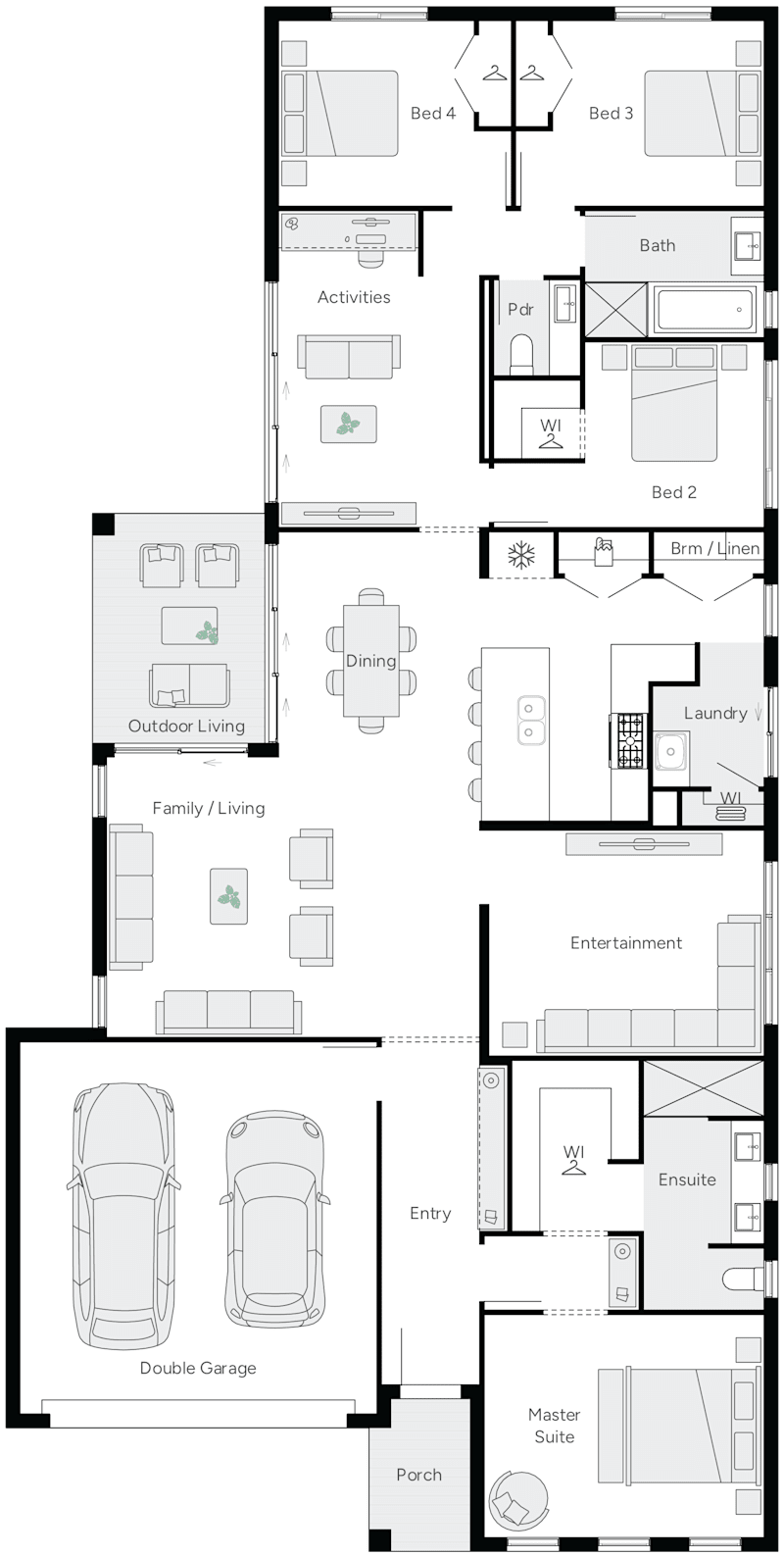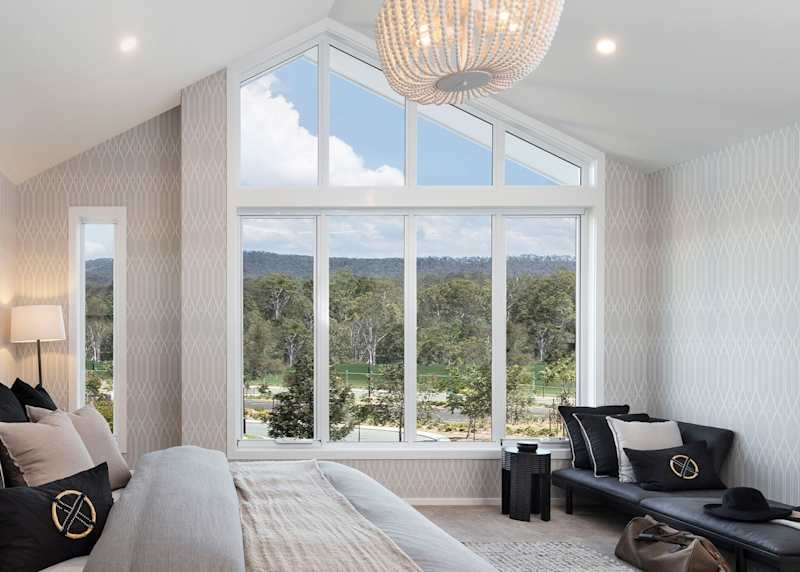
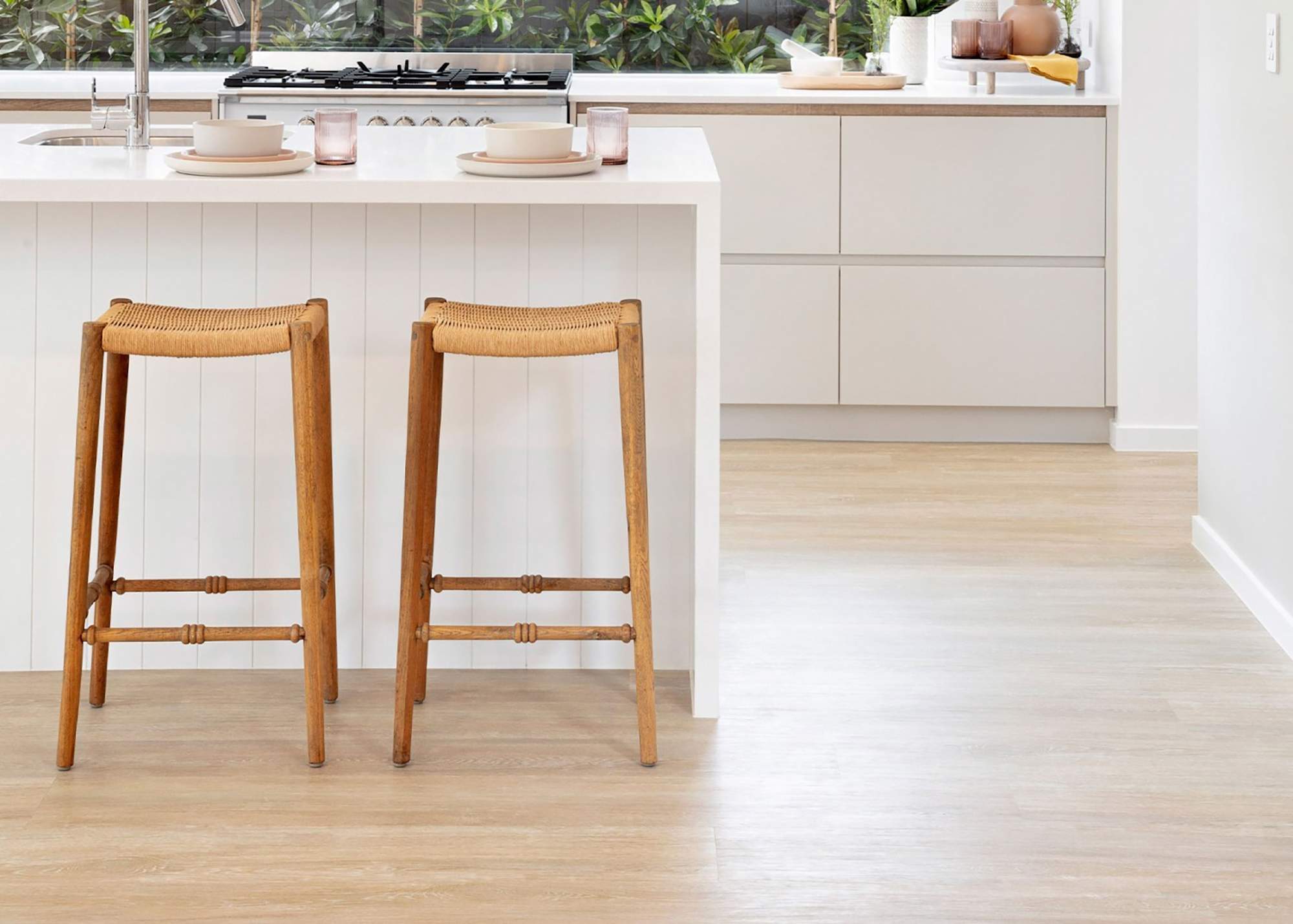
What is a Floating Floor?
A floating floor refers to a type of flooring that isn't permanently affixed to the substrate below. Unlike traditional methods where the flooring material is nailed or glued down, floating floors simply rest on top.
This innovative method provides homeowners with a wide array of flooring options to choose from, and when installed correctly, they can be a highly cost-effective solution that offers both aesthetics and practicality.
How Do Floating Floorboards Work?
The magic behind floating floors work rests on the principle of interlocking pieces, much like a jigsaw puzzle. Individual planks, often equipped with tiny tongues on their sides, fit snugly with their neighbouring piece.
This board to board connection ensures that the flooring stays firmly attached even without the use of nails or adhesive. Each plank often consists of several layers. The top might be a thin layer of real wood or a printed design, while underneath, there might be layers offering stability, insulation, or moisture resistance.
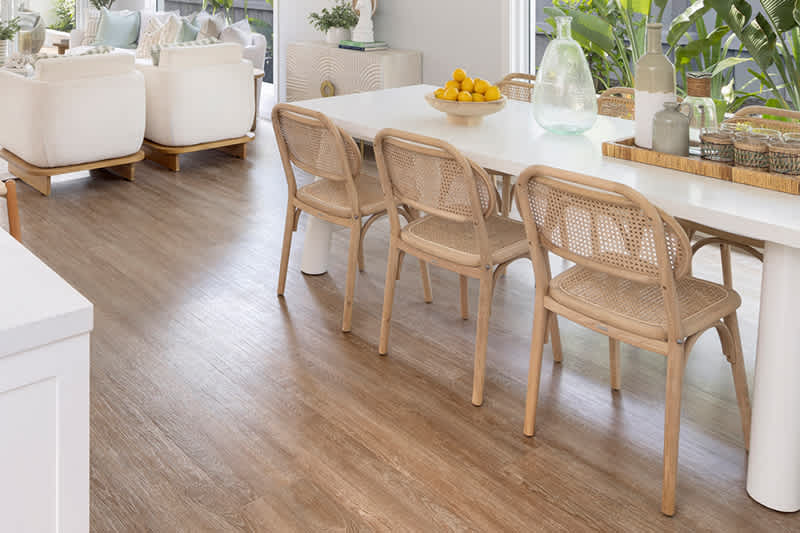
How to Install Floating Floors
The floating floor installation process is remarkably straightforward. Begin by preparing the base floor, ensuring it's smooth and free of debris. Many opt to lay a thin layer of underlay for added insulation and soundproofing.
The flooring planks are then laid down, beginning at one end of the room and working towards the other, interlocking as you go. If any damaged planks are encountered, they can be easily replaced without disturbing the entire floor.
Moreover, it's crucial to leave a small expansion gap around the room's perimeter to accommodate any potential expansion or contraction. For more specific guidelines, consider reaching out to experts.
Popular Types of Floating Floors
There's an abundance of flooring types available to cater to varying tastes and requirements. Brighton Homes' inspiration gallery showcases some of the most sought-after options.
Laminate
One of the most popular choices, laminate floors are renowned for their versatility. They are constructed from multiple layers compressed together, with the top layer emulating the appearance of wood, stone, or even tile. Floating laminate flooring is known to be durable and cost-effective, making it a favoured choice among many homeowners.
Vinyl
Vinyl plank flooring, sometimes referred to as luxury vinyl, is a resilient option that is both water-resistant and easy to maintain. These flooring planks can mimic the look of real wood floors, stone, and even ceramic tiles. Whether you opt for standard or hybrid floors, vinyl offers a blend of style and function.
Engineered Timber
Engineered timber floor combines the authenticity of hardwood floors with the practicality of a composite product. Unlike solid timber floors, engineered flooring consists of multiple layers of wood, with a top layer of real timber floor. This construction method enhances the floor's stability and reduces the possibility of warping.
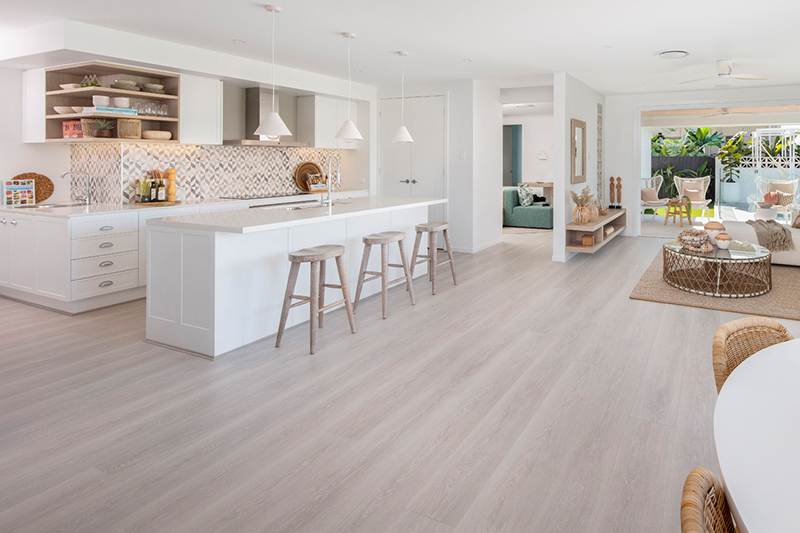
Benefits of Floating Floorboards
Floating floorboards have surged in popularity, thanks in part to the myriad of advantages they offer over traditional flooring solutions. These benefits range from economic to functional, providing homeowners with both practical and aesthetic value.
Versatility
Floating floorboards stand out for their versatility. With an array of flooring materials and finishes available, they can seamlessly emulate wood floors, stone, and even more exotic materials. This flexibility ensures that regardless of your interior design or personal taste, there's a floating floor to match. Additionally, they're suitable for almost every room, from living areas to bathrooms, granting homeowners the freedom to maintain a consistent flooring theme throughout the house.
Inexpensive
One of the prime reasons many homeowners gravitate towards floating floors is their cost-effectiveness. Being a more inexpensive alternative to traditional hardwood floors or stone tiles, these floors provide an opulent look without burning a hole in the pocket.
Moreover, since they don't require elaborate subfloors or extensive preparation, the associated labour costs are also reduced. For those keen on achieving a premium look without the hefty price tag, floating floorboards are a commendable choice.
Structural Durability
Floating floorboards aren't just about aesthetics; their structural strength is commendable. Built from engineered hardwood or other robust flooring materials, these floors are resistant to everyday wear and tear, ensuring longevity.
Their multi-layered construction provides stability and decreases the likelihood of issues like warping or bowing, which can plague traditional timber floors. With proper care and maintenance, floating floorboards promise a lasting beauty that stands the test of time.
Sound Absorption
A lesser-known but equally significant benefit of floating floors is their sound absorption capability. Thanks to their unique construction and the underlayment used during the installation process, these floors can dampen noise, contributing to a quieter home environment.
This feature is particularly beneficial for multi-storey homes or apartment buildings, where noise transfer can be a concern. With floating floorboards, every step taken is not just beautiful but also silently graceful.
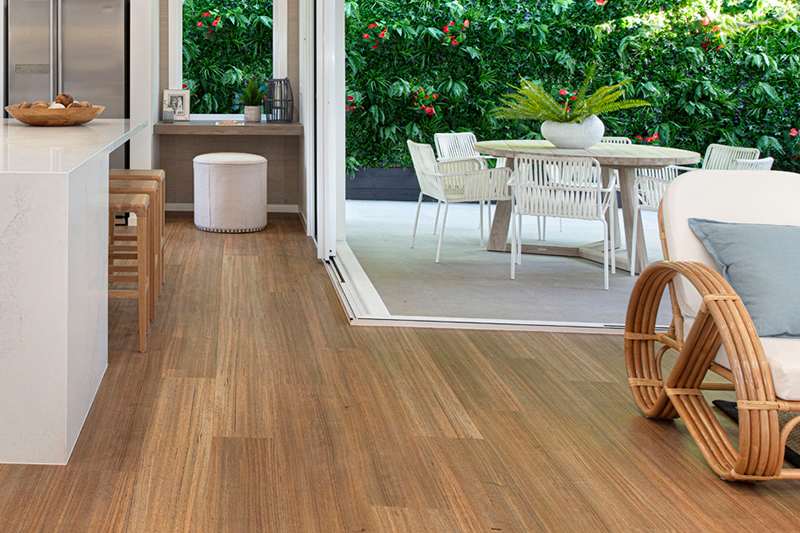
Disadvantages of Floating Floorboards
While floating floorboards boast a plethora of benefits, it's also essential to consider their drawbacks to make a well-informed decision.
Resale Value
Despite their aesthetic appeal and practical benefits, floating floorboards may not significantly enhance a property's resale value compared to traditional hardwood floors or genuine timber flooring.
Potential buyers might perceive them as a less premium choice, especially if they prioritise authentic materials. However, the actual impact on resale value can vary depending on local market preferences and the specific flooring material used.
Beyond the resale factor, there's also the perception of longevity. Some potential buyers may mistakenly associate floating floors with a shorter lifespan, even though with proper care, they can last for decades.
Are Floating Floors Waterproof?
While floating floors, especially types like vinyl plank flooring or certain laminate floors, offer a degree of water resistance, they aren't wholly waterproof. This distinction is crucial for homeowners to understand. While these floors can handle occasional spills and moisture, prolonged exposure or standing water can compromise their integrity.
If you're considering floating floors for areas prone to water, such as bathrooms or kitchens, it's essential to choose a type explicitly designed for these environments and ensure correct installation.
On the positive side, many manufacturers are innovating and introducing new water-resistant or waterproof varieties, enhancing the resilience of these floors against potential water damage.
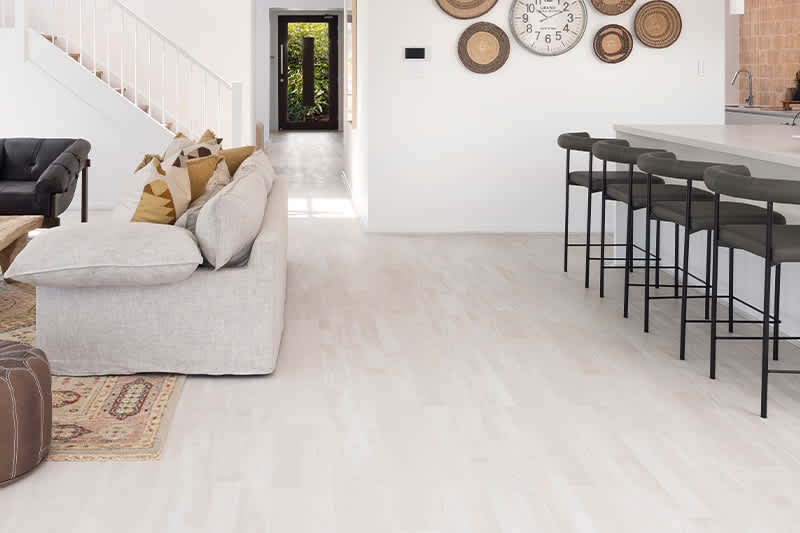
How to Clean Floating Floors?
Maintaining the pristine appearance of floating floors is straightforward. For daily cleaning, a soft broom or a vacuum without a beater bar works best to remove dirt and debris. For a more thorough clean, using a damp (not wet) mop with a gentle floor cleaner is ideal.
Always avoid using excessive water, and ensure any spills are wiped up promptly to prevent moisture damage. To ensure the longevity of your floor, avoid abrasive tools or harsh chemicals, and always follow the manufacturer's cleaning recommendations.
It's also essential to place protective pads under heavy furniture or frequently moved items to prevent scratching or denting the surface. Periodically rearranging furniture can also distribute wear evenly.
Are Floating Floors Right for You?
Deciding on the right flooring option hinges on your priorities, budget, and the purpose of each room. Floating floors offer a blend of affordability, aesthetics, and ease of installation.
They're versatile and cater to a wide range of design preferences. However, those who desire the authenticity and longevity of traditional timber floors or those living in moisture-prone areas, might want to weigh the pros and cons.
While floating floors provide comfort, they may not offer the same solid feel that some homeowners appreciate in traditional nailed-down floors. However, with advances in underlayment materials, many floating floors can now mimic that solid, grounded sensation.
